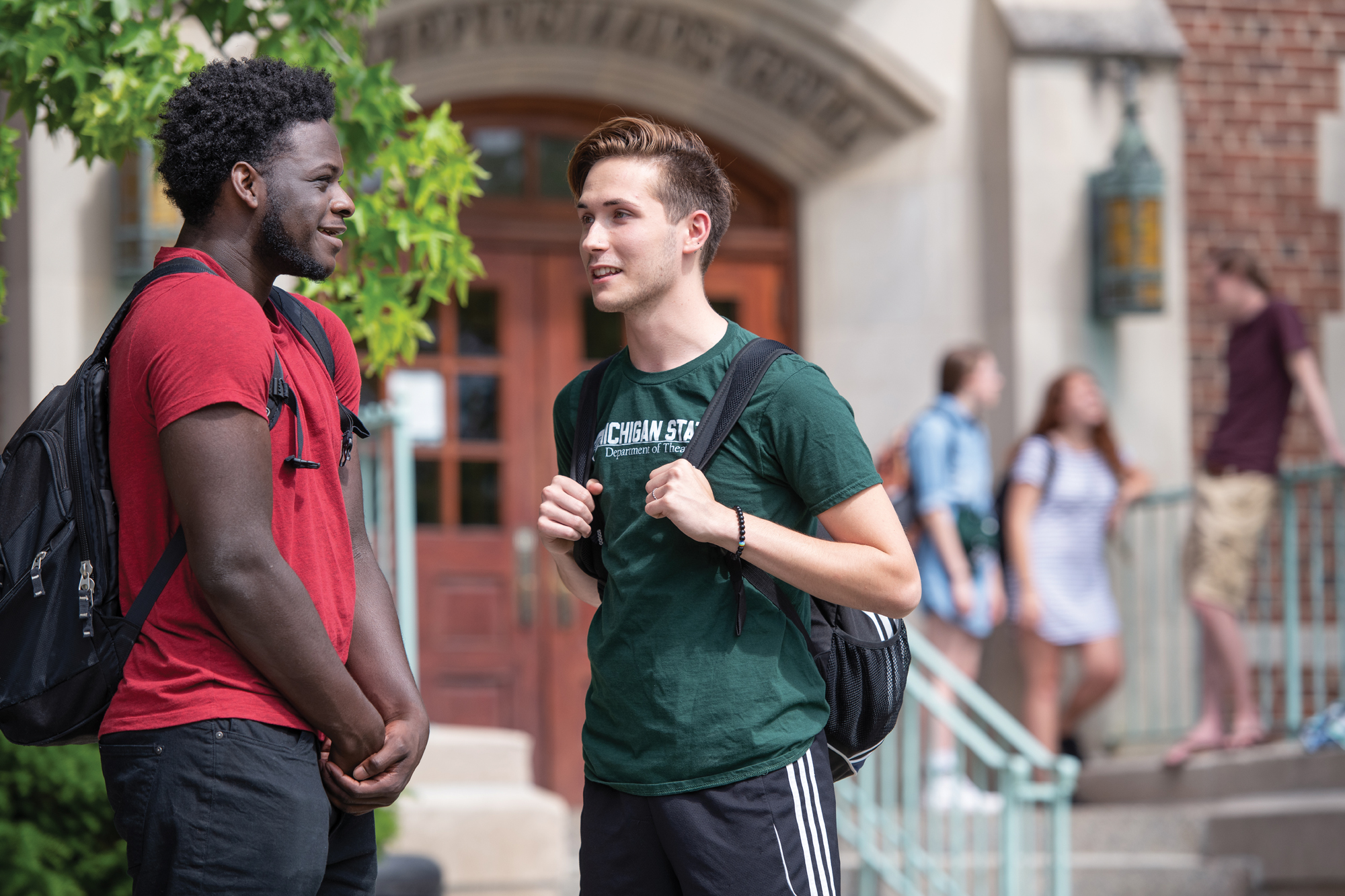Academics
Your Passions Become Your Path in Life.
In RCAH, we are committed to helping students create a better world through the arts and humanities.

You will explore diverse ideas, engage with the community around you, develop real-world skills, and chart your course for the future.
How?
- Personal interaction with our inspiring professors
- Innovative and engaging classes
- Unique partnerships with a diverse assortment of community, arts, and social change groups
- Courses that help you communicate about diverse subjects across multiple contexts
- Engaging visual arts & performance workshops that explore your creative process & hone your skills
- Community engagement courses that offer opportunities for you to put your knowledge & skills to use in the real world
RCAH Offers a Course of Study that Creates Engaged Citizens and Inspired Thinkers.
The arts and humanities give us the pleasure of living in the moment and the wisdom to make sound judgments and good choices. RCAH students, faculty, and community partners address the critical public issues we all face—and create ways of resolving them. And just like RCAH professors, RCAH courses are amazing. With typical classes of 15-20 students, imaginative subjects, and challenging discussions, your universe will expand beyond your wildest dreams.
Core Courses
The RCAH core curriculum consists of two writing courses, two humanities courses, a seminar, a community engagement seminar and immersion experience, creative workshops, and a third-year tutorial. As a whole, the core curriculum blends history, ethics, culture, and the arts with selected topics and projects, providing a comprehensive foundation in skills for reading, writing, and research methods.
Creative Workshops
Creative workshops provide avenues of exploration into a rotating selection of artistic mediums. They also make use of local and nationally recognized visiting artists who will work with students in areas such as music performance, visual arts, creative writing, theater, filmmaking, and book arts. The workshops are designed for students not necessarily majoring in the fine arts, but for whom such a workshop experience would be a valuable addition to their academic degree program.
Community Engagement
All students will be involved in an engagement project or a set of engagement activities that integrate experiential learning with critical reflection in a manner that is mutually beneficial to the students and community partners. Community engagement courses provide fulfilling learning opportunities to deepen skills in settings in which different forms of knowledge are valued and different types of intelligence explored.
Elective Pathways
While there is one major in RCAH, there are many paths through the major. Each pathway begins with a topics course, and the four topics courses listed below are examples of how this journey can begin.

